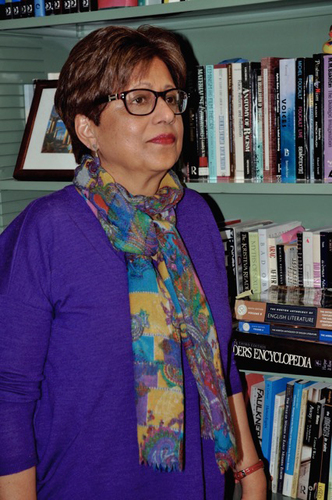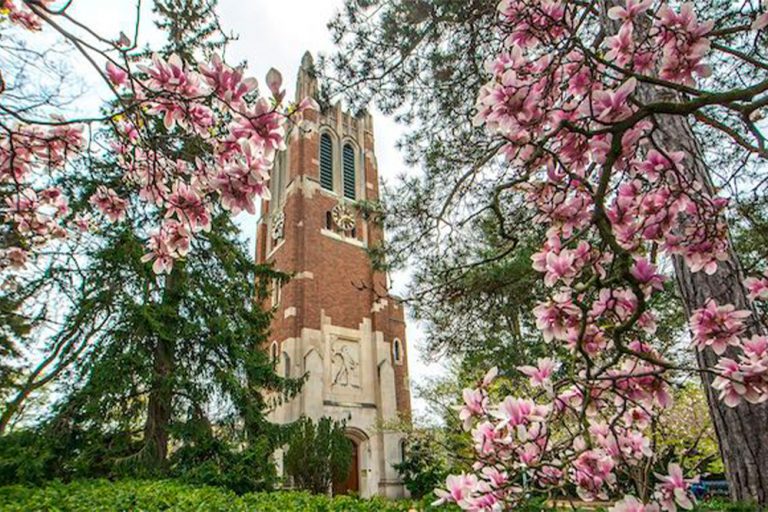

Professor of English Jyotsna Singh has been selected to receive the highly competitive Summer Stipend award from the National Endowment for the Humanities (NEH). Singh will use the award to complete the manuscript for her book, Transcultural Islam: Muslim and Christian Identities in the Early Modern World.
Drawing on postcolonial theory, global exchange, and early modern history of Islam and Christianity, Singh’s book looks at the shifting applications of the term “religion” in Europe.
“This is an interdisciplinary study that looks at the expanding early modern European world, as well as at the changing cultural, linguistic, religious, and racial/ethnic coordinates by which Christians defined their identities,” Singh said.
The book is a culmination of Singh’s earlier, well- recognized comparative work on Anglo/European-Muslim encounters within global contexts: in Colonial Narratives/Cultural Dialogues, Travel Knowledge (co-ed), A Companion to The Global Renaissance (ed.) and several relevant articles and chapters.
“Transcultural Islam will expand and complicate the historical scope and conceptual parameters of the European Renaissance by a comparative reading of Islamic discourses not wholly subsumed by the ubiquitous cross-cultural ‘encounter’ paradigm.”
“Transcultural Islam will expand and complicate the historical scope and conceptual parameters of the European Renaissance by a comparative reading of Islamic discourses not wholly subsumed by the ubiquitous cross-cultural ‘encounter’ paradigm,” Singh said. “Since I draw on disparate cultural and literary materials, this monograph hopefully will have a wide appeal across disciplines such as literary and cultural studies, history, religious studies, ethnography, and art history.”
Singh already has completed the first two chapters of the book. The NEH Summer Stipend will enable her to consolidate her research and complete the manuscript in a timely manner.
“I will use the NEH stipend in June-July to do further research at the British Library in London and Chester Beatty Library in Dublin, which have extensive holdings in early modern, multi-volume travel anthologies, East India Company Minutes, manuscripts, and Mughal paintings.”
NEH Summer Stipends support continuous full-time work and advanced research on humanities projects for a period of two consecutive months. This year, the NEH received more than 800 applications for its Summer Stipends and, of those, only 10 percent were funded.


